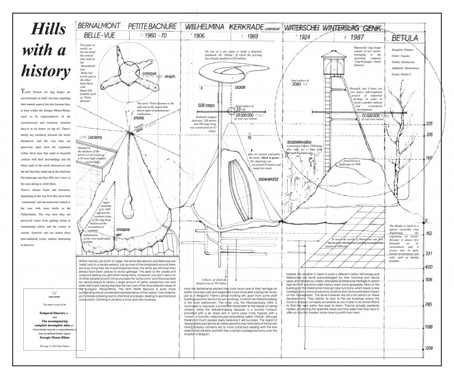Valentina’s practice-based Ph.D. trajectory will look into the capability of art practitioners to leave dispositions upon the eventuality of death. Care for the afterlife. Handling dying processes and posthumous wishes in the arts (working title) will explore the demands of art practitioners towards death and for the afterlife of their artistic practice. The research will inquire how the artistic infrastructures (especially art and talent development programs in the Netherlands), the dominant legal and financial frames (of inheritance law and estate planning), and the technologies of death management (such as last wills and testaments) support practitioners in affirming personal wishes and defining the afterlife of their artistic works.
Performative strategies will be used to explore forms of attunement and care in research making, in both setting up and facilitating participatory fieldwork. The Ph.D. is supervised by Christoph Rausch (UCM), Eliza Steinbock (FASoS), and Ulrike Scholtes (ZUYD University).


























